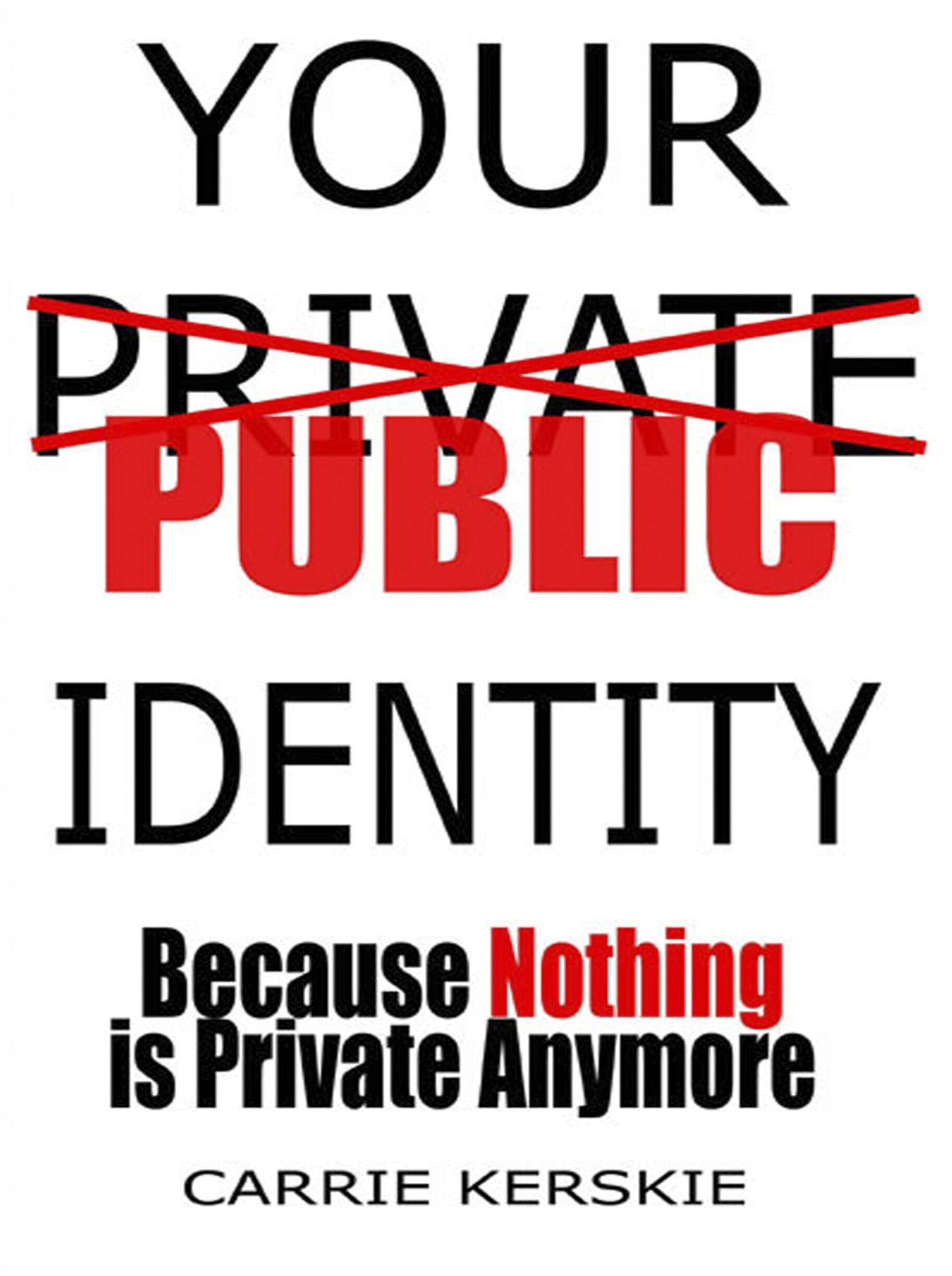That’s right folks. When you move your content to the cloud or purchase content through a cloud based system you relinquish ownership to the content, even patient medical records. So how do is this possible? Just read the Terms of Service and Agreements that you agreed to without giving it a second thought. This is true for music you download from iTunes or ebooks you download for your Kindle or other device. You are not purchasing, to own, the content. You are merely licensing the content to use. If you stop paying for your account or purchase a non-compatible device you run the risk of losing the content. Same is true for cloud storage. If you stop paying for the storage your data (files, music, images, etc) are locked up tight. The only way to get back the data is to pay the company, that is if they have not already purged your data from their server.
Here are a few tips to protect your data and retain ownership
- Read and understand the terms of service agreements especially content ownership rights.
- Store a back-up copy of the data on your computer or a portable storage device.
- Ask if the data you input can be exported into an universal format (ex: csv, excel, txt, jpeg, mp3, etc)
- When in doubt, do not use the service.


